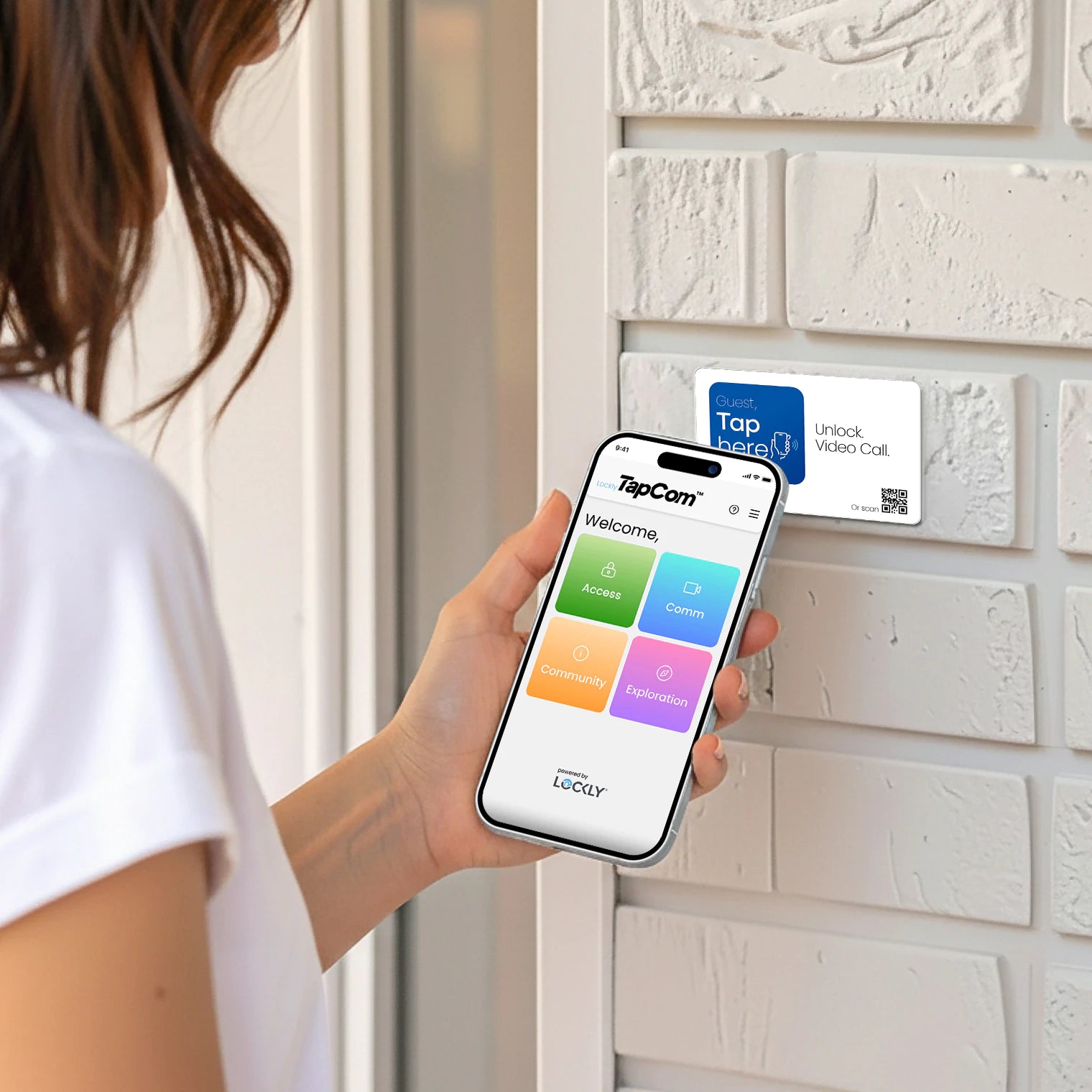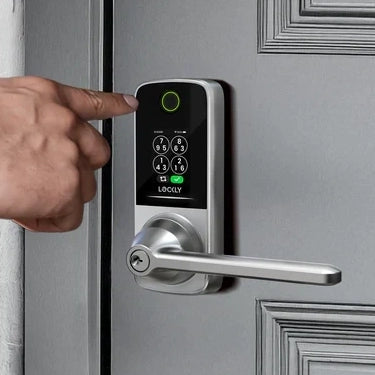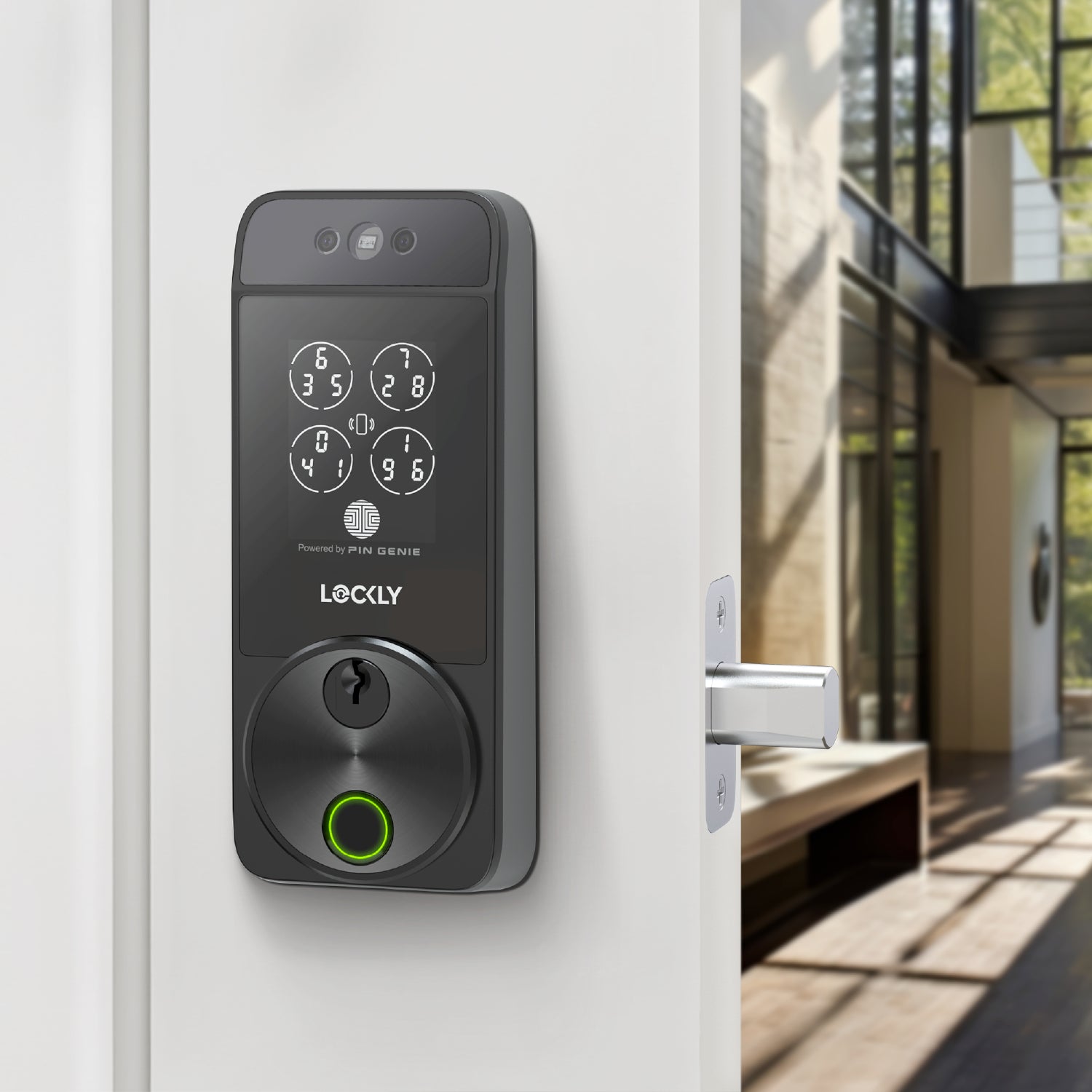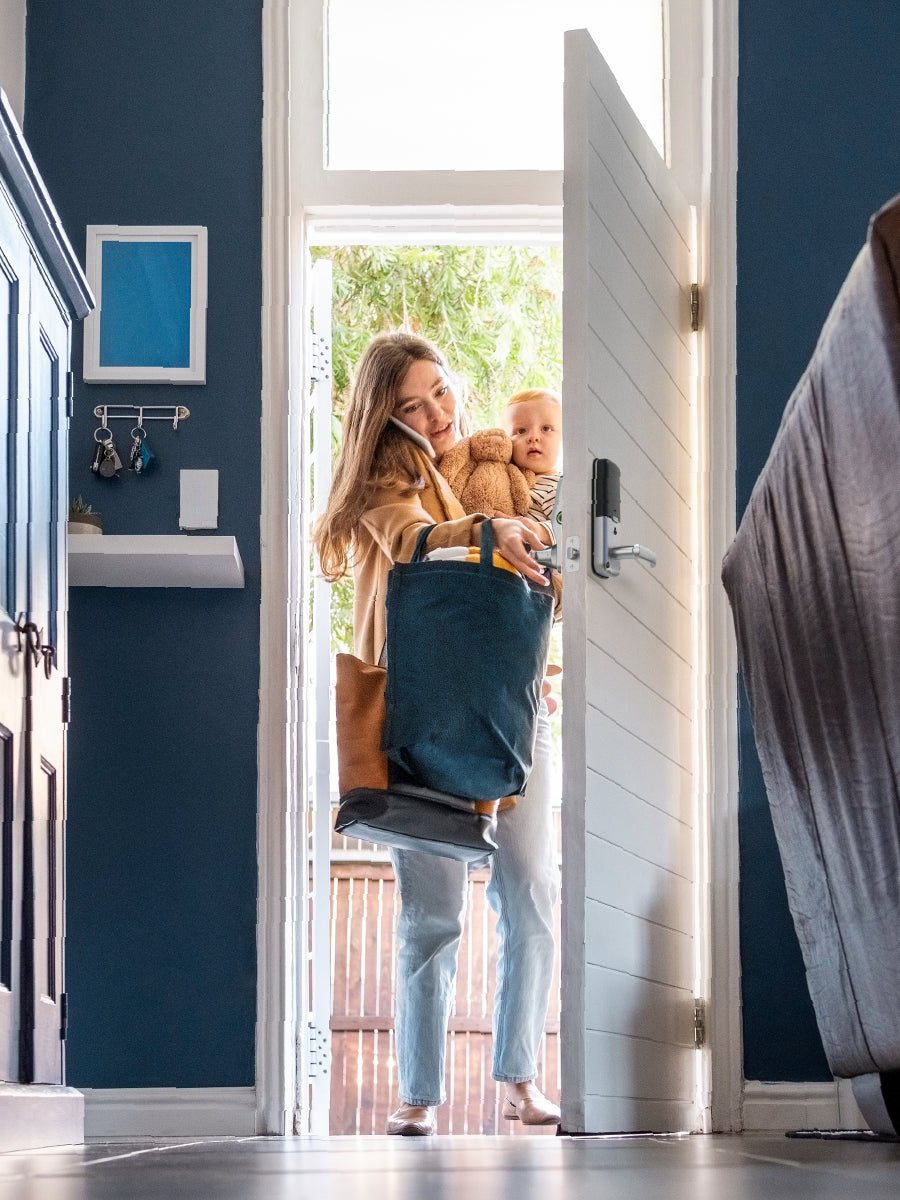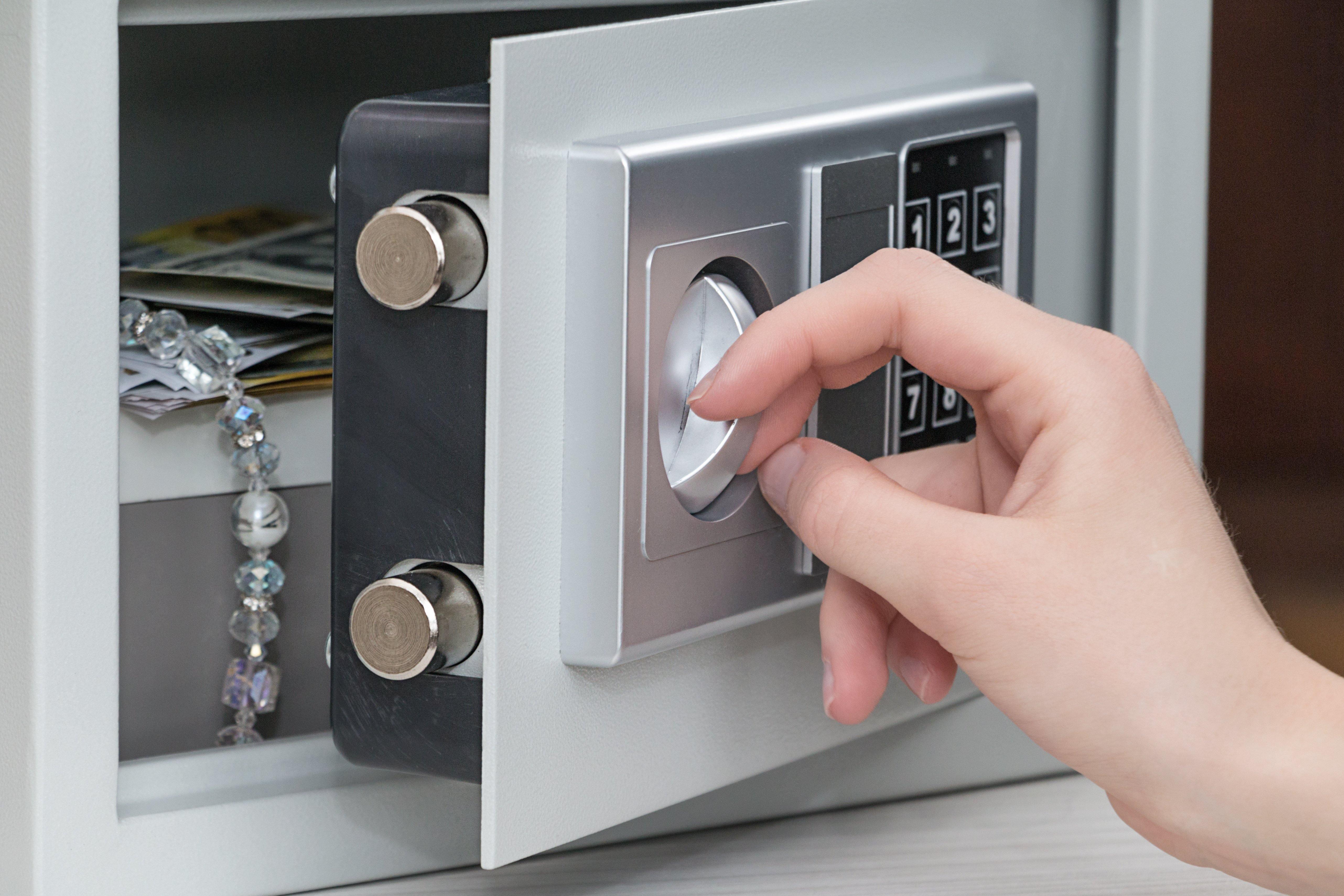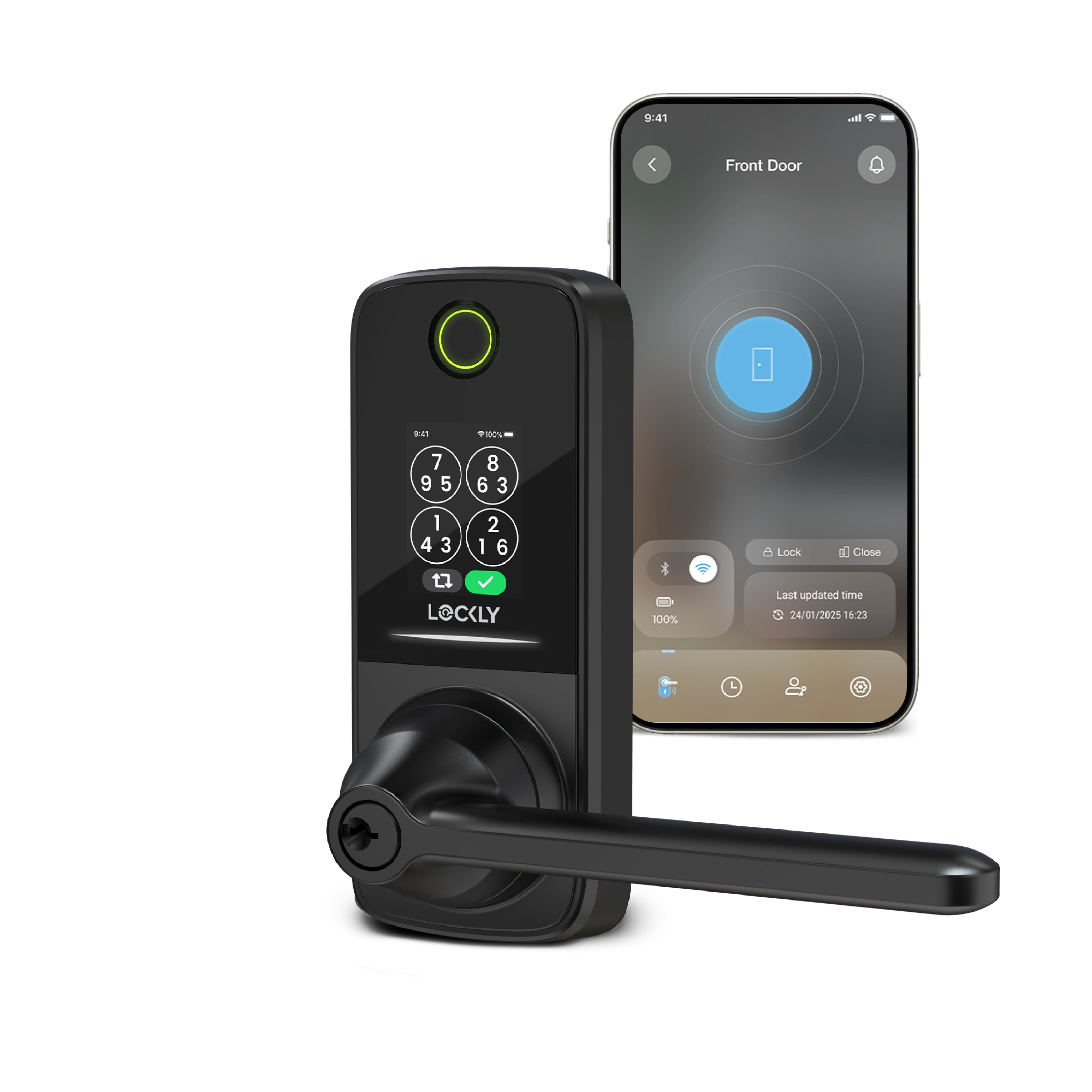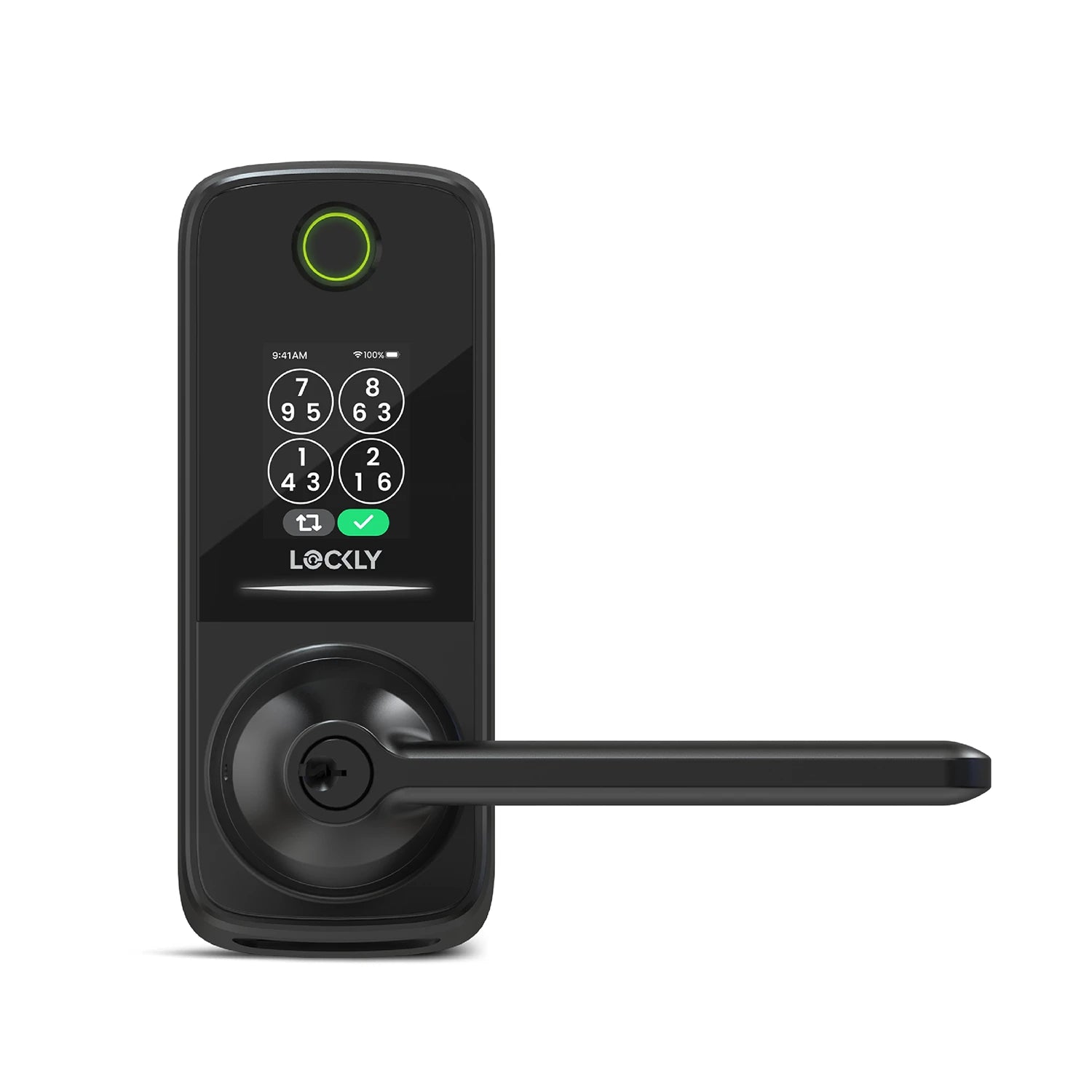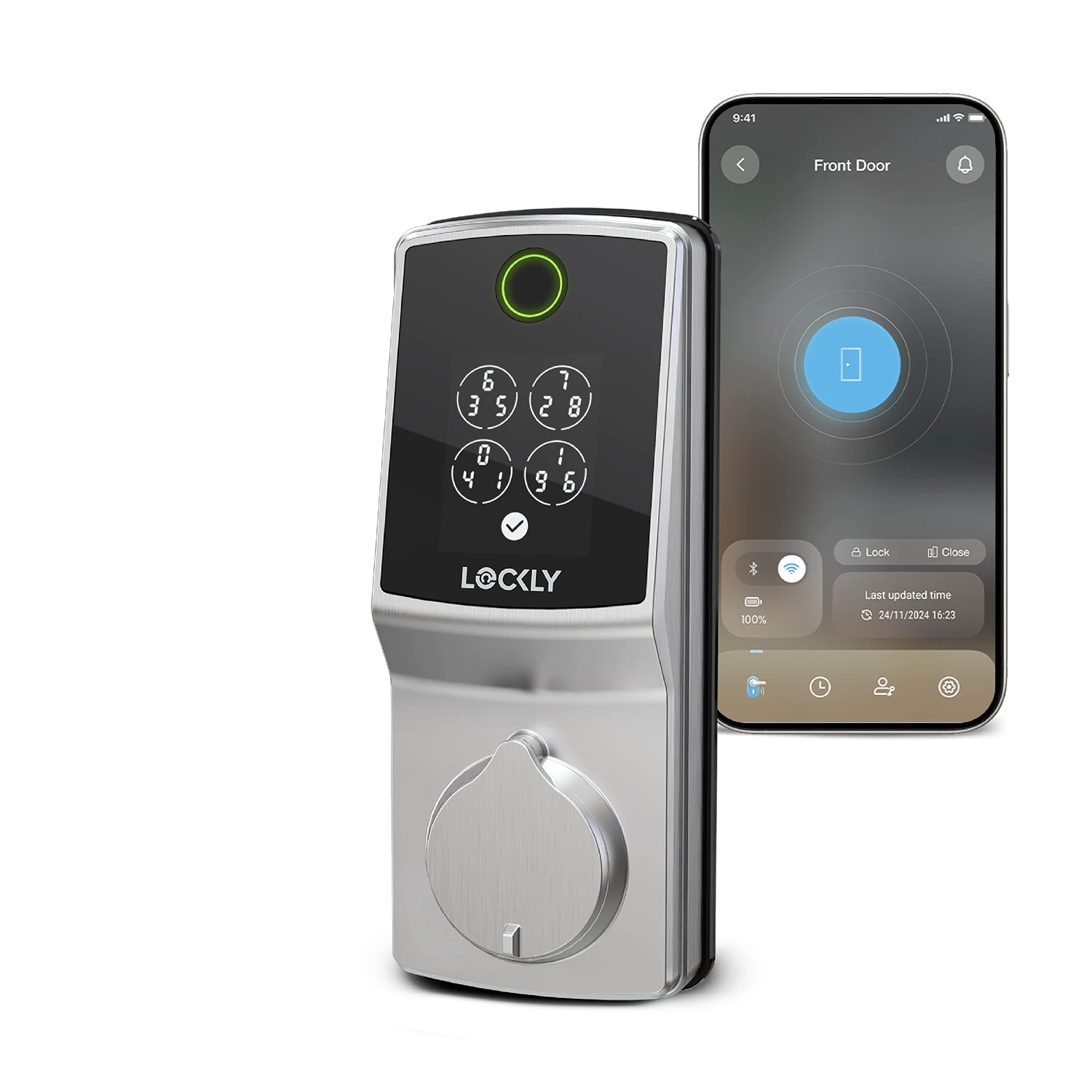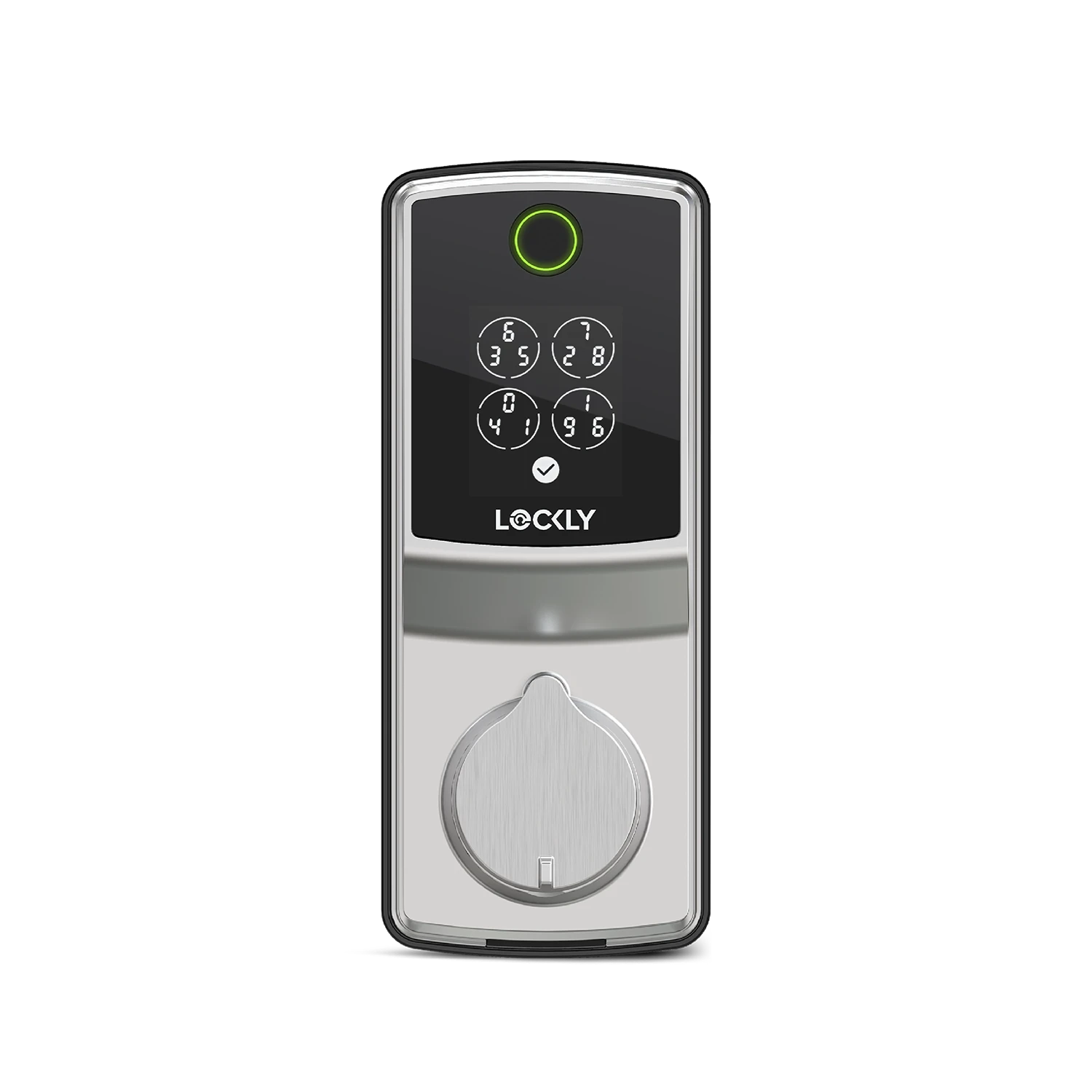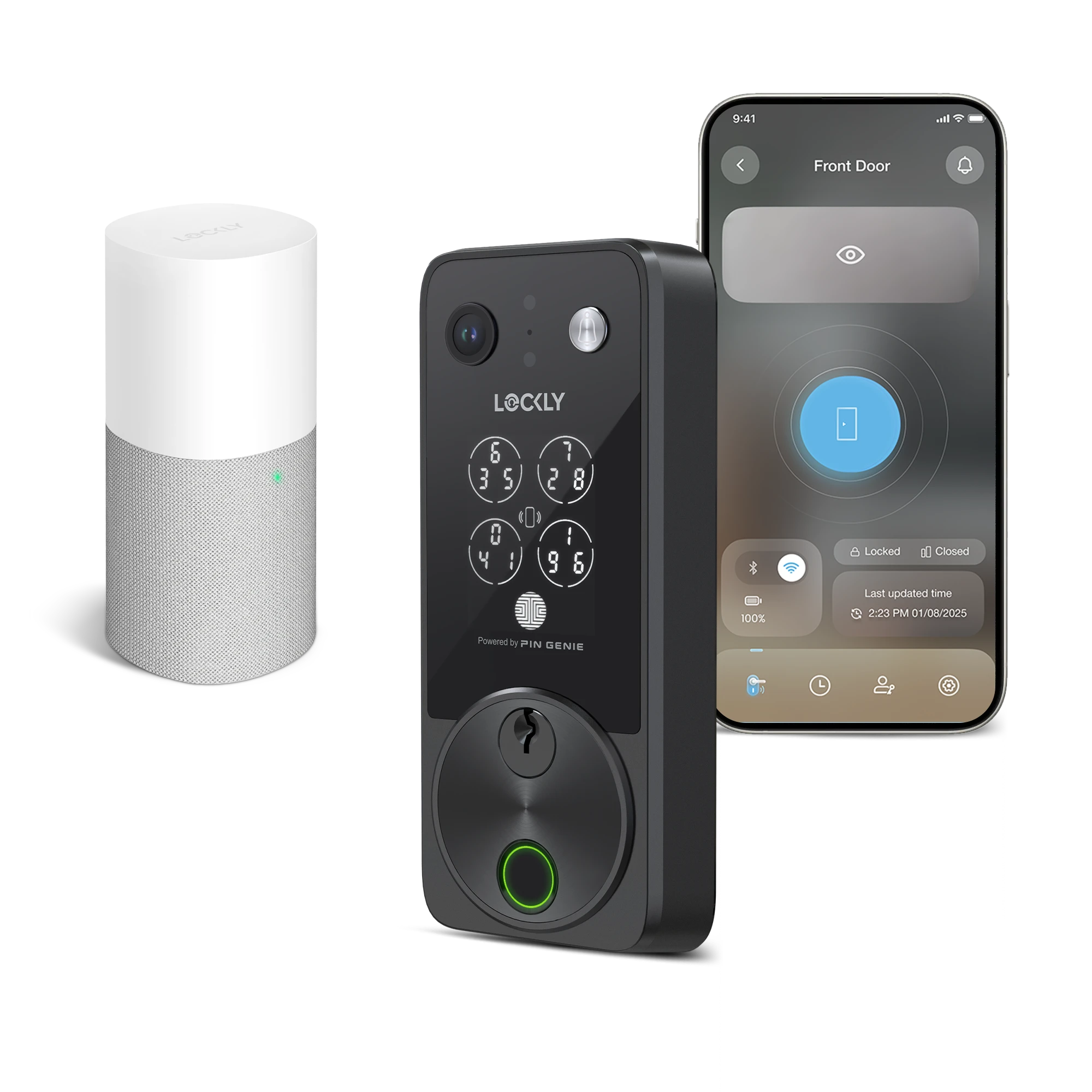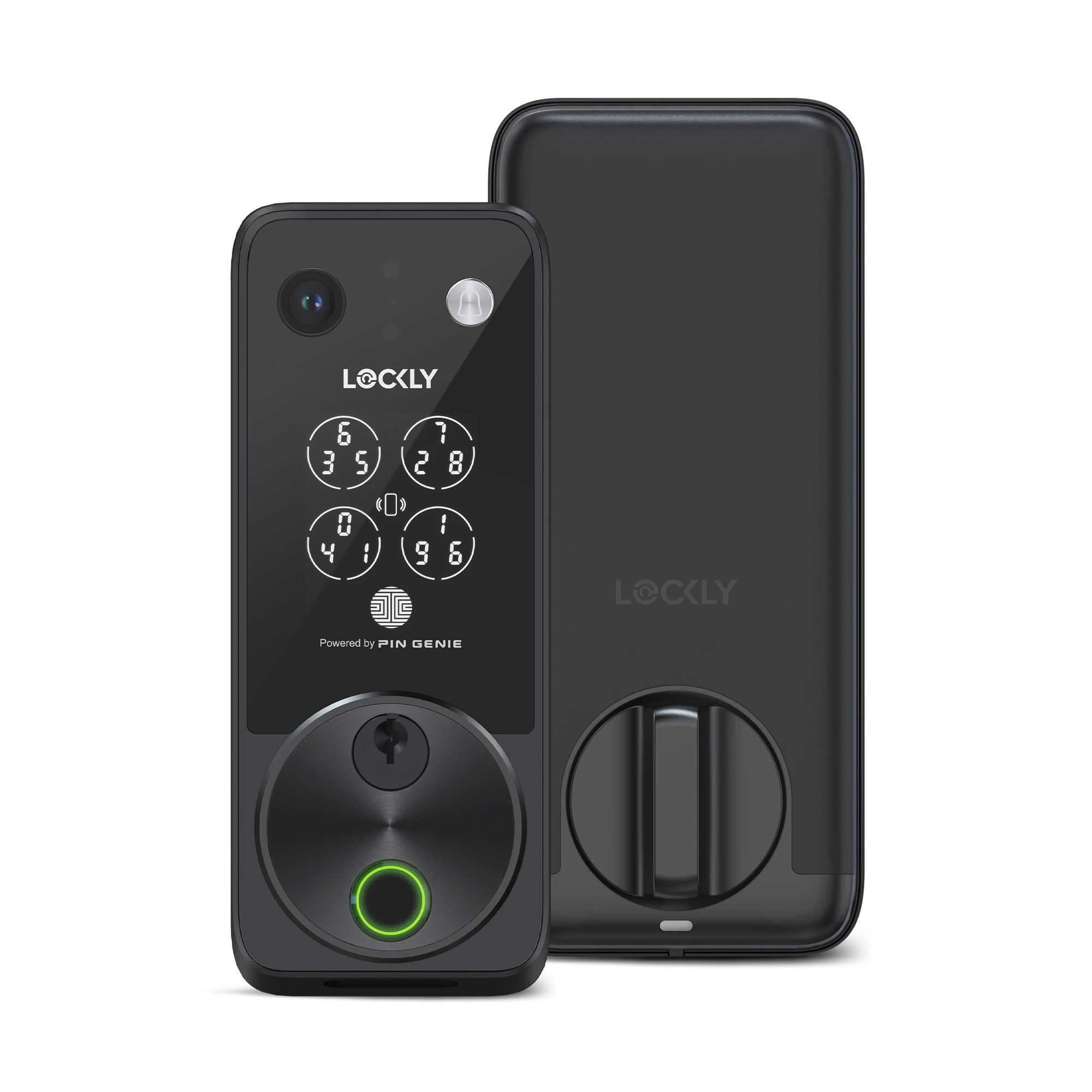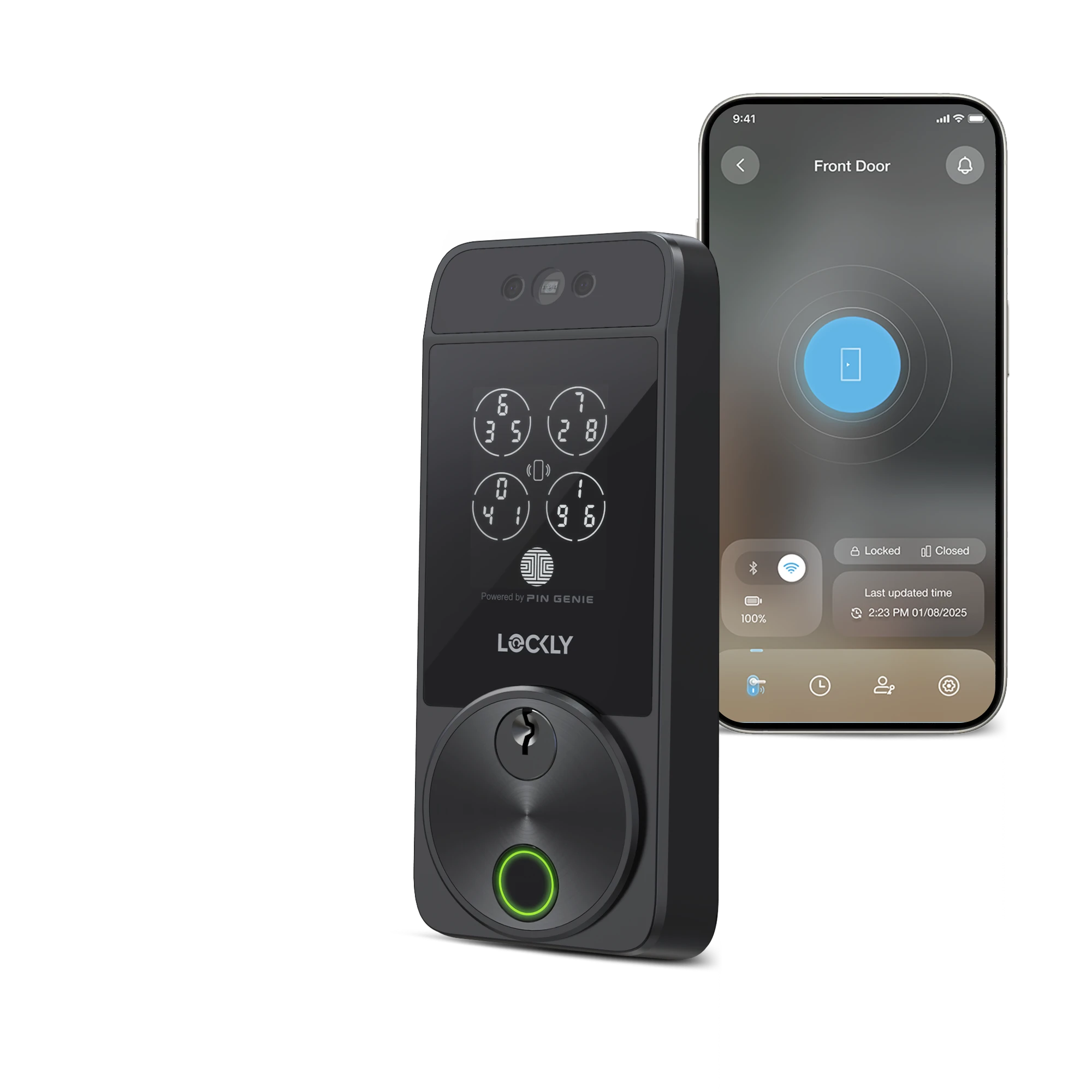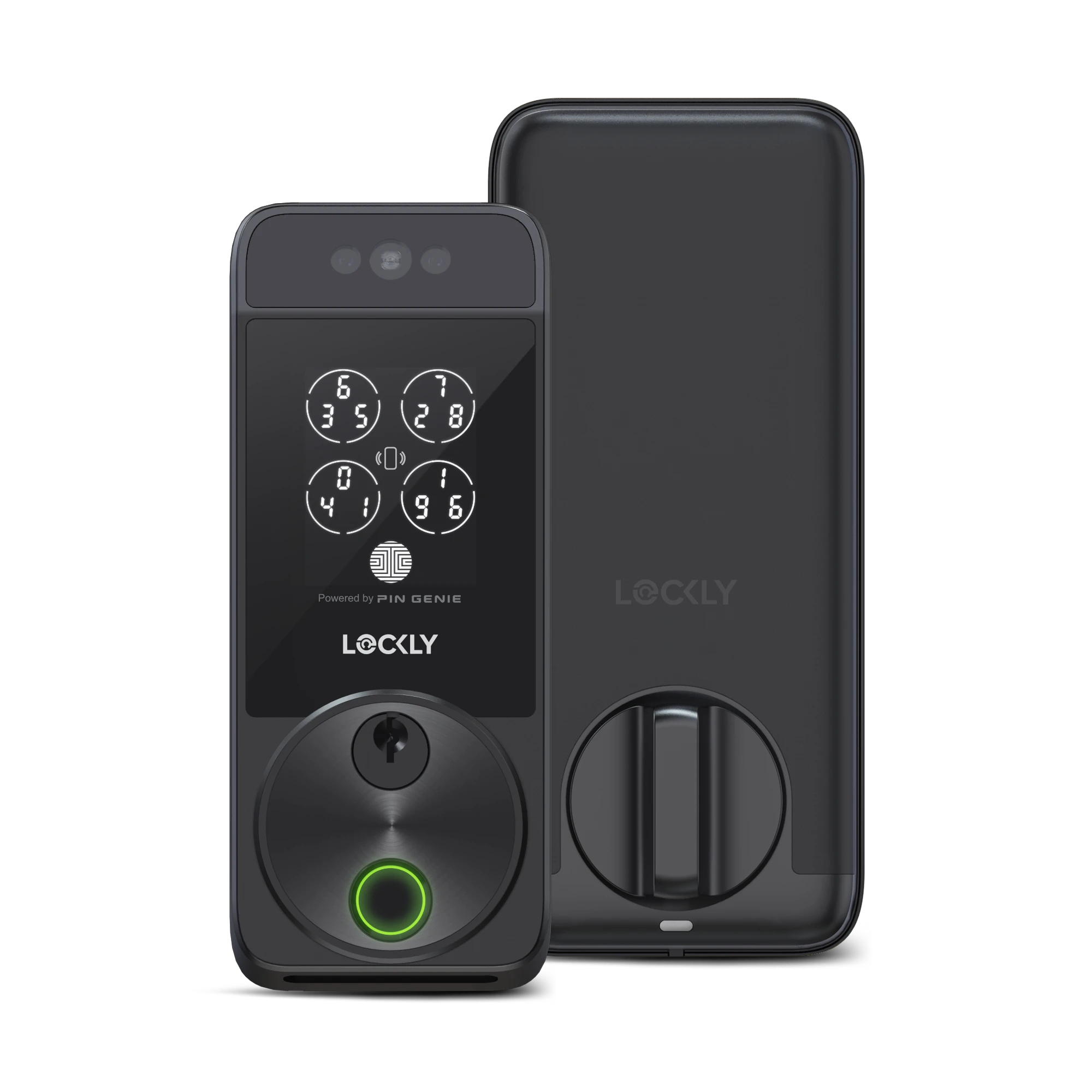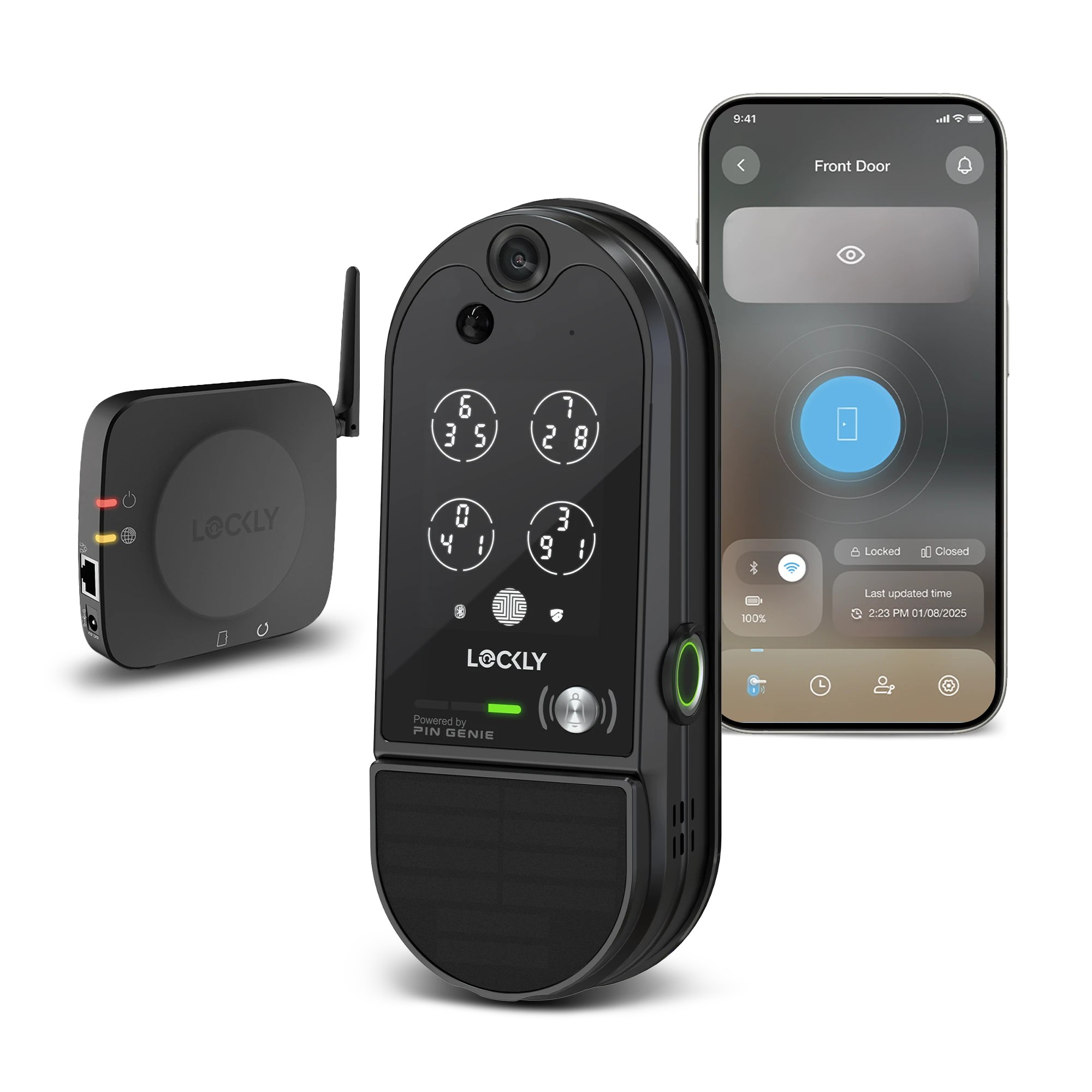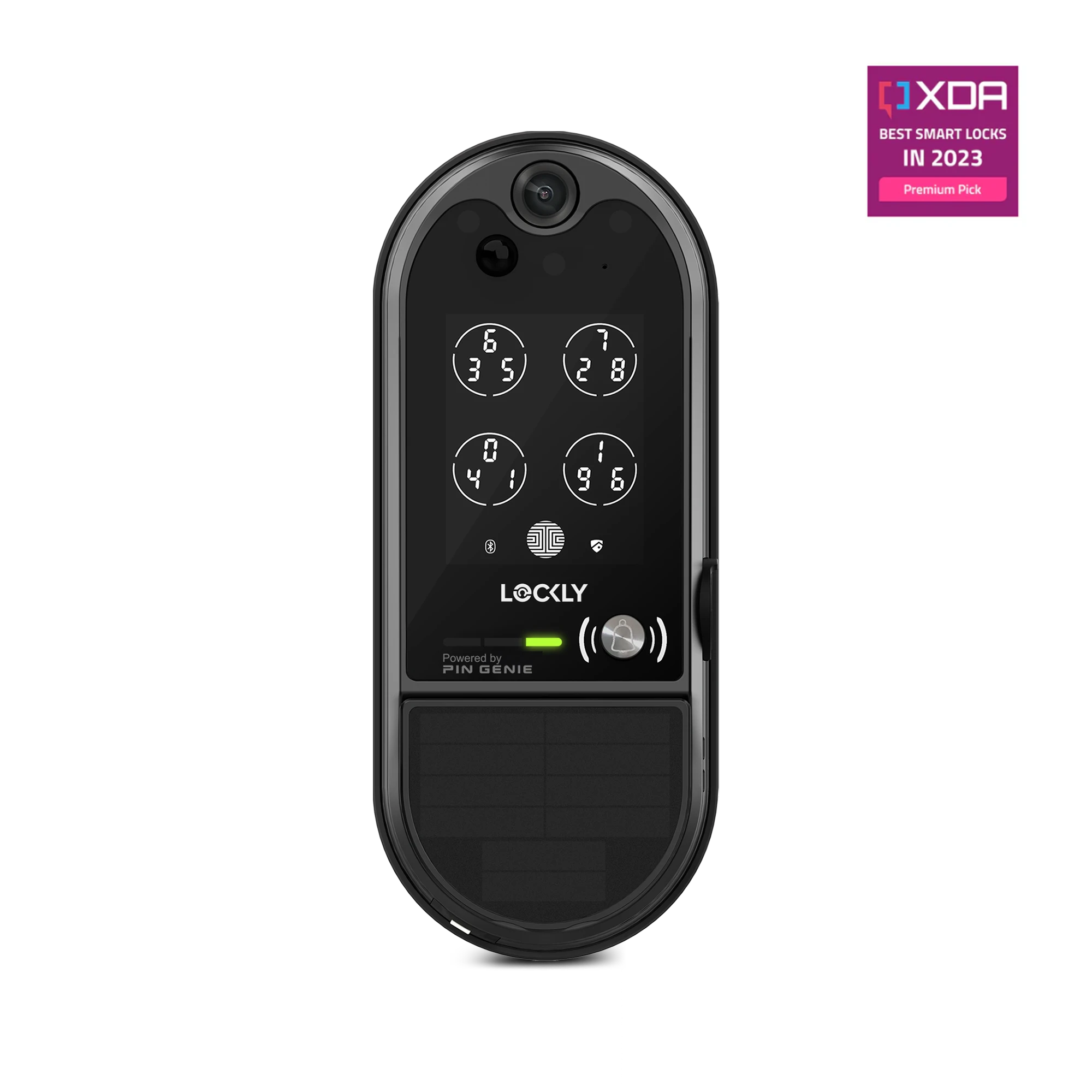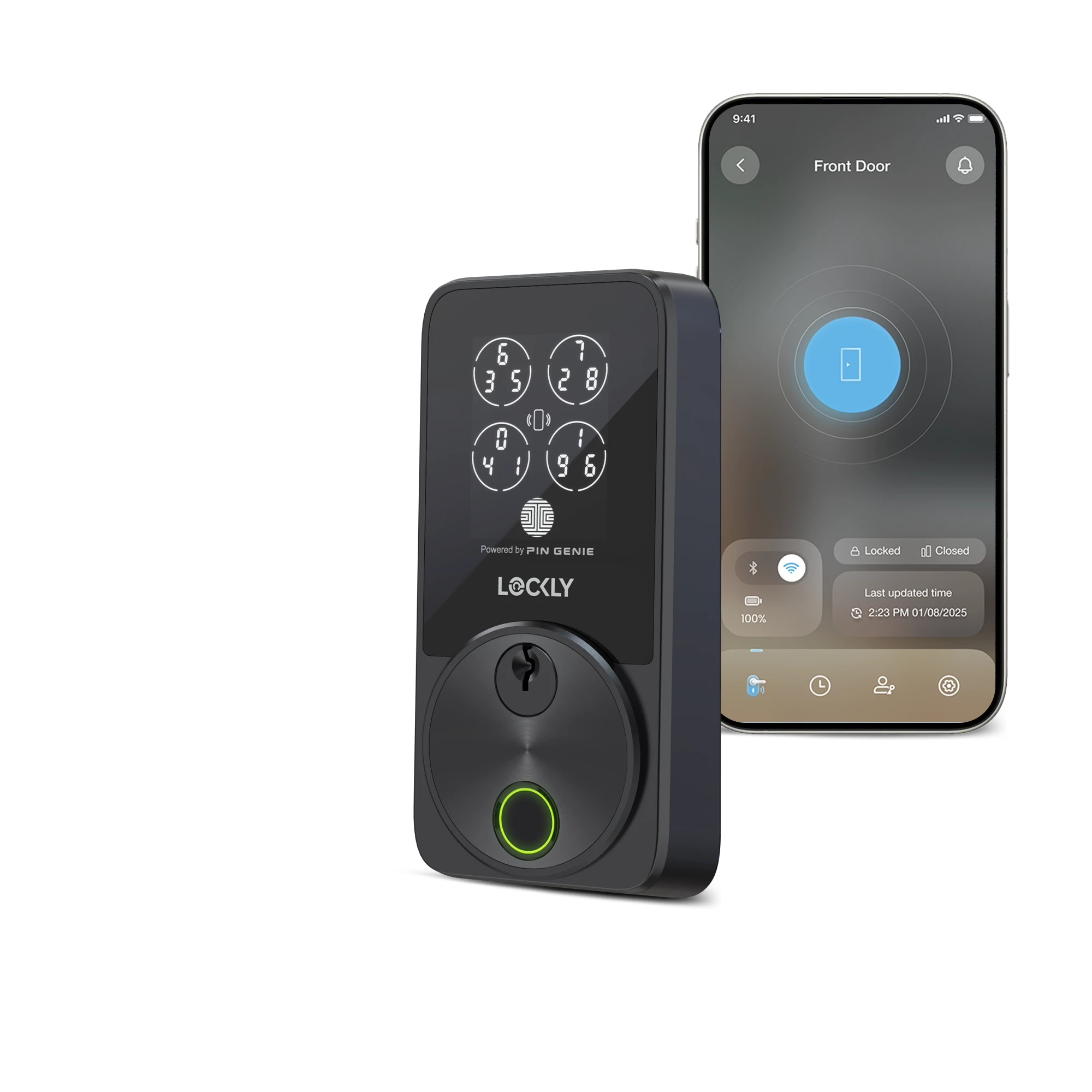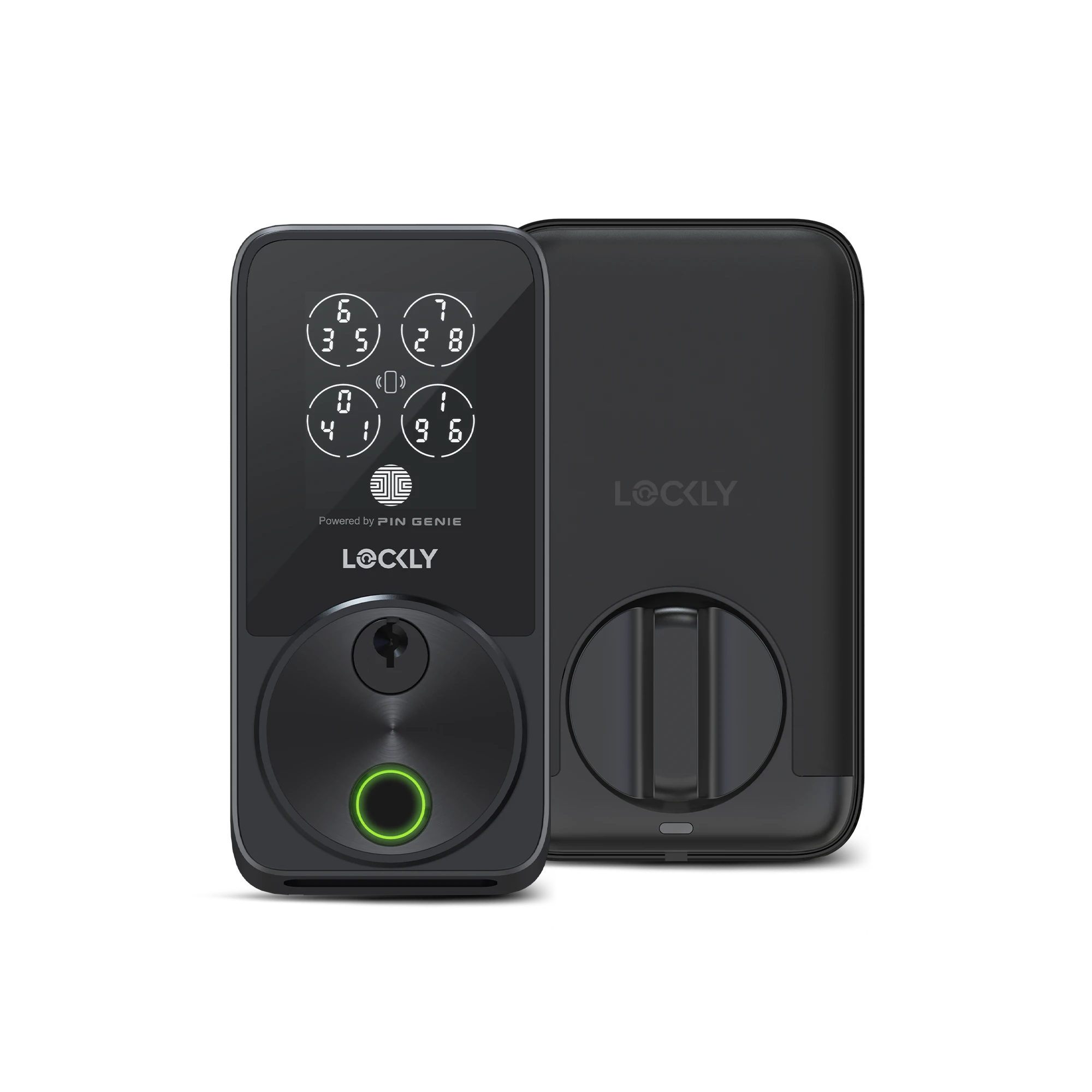Below is the full transcript of Lockly's CEO and Founder, Lee Zheng interview with host Robert Grieves of the Point.
R: Hi, I’m Robert Grieves and this is The Point.
R: In the past few decade, the Internet of Things, or IoT, market has developed rapidly from a concept, to a niche, to a fully-fledged industry with invaluable implementation in residential, commercial, and industrial contexts.
R (with graphics): In the background, arrays of sensors, scanners, and trackers feed big data ecosystems to give us a previously unachievable view into the way we conduct our globalised economy.
R (with graphics): In the foreground, products like home automation hubs, smart locks, and digital assistants will allow us to manage our lives through the lens of personalised data. Home security infrastructure, food inventories, and ambience control, among other services, will give homeowners unprecedented control over their home both as a digital and a physical space.
R: In our homes, our businesses, our lives, the world is being changed. Some would say this is for the better, while others are more resistant to what they see as invasive technology moving into what should remain a personal realm.
R: I’m here with Lee Zheng, founder and CEO of Lockly – a smart lock and tech company. Lee has over 20 years of experience in Silicon Valley and has previously worked closely with leading tech and design firms in the Smart Home industry.
R: Great to have you on The Point, Lee.
There’s been a lot of conjecture regarding the incoming wave of smart home IoT integration. What would you say to people hesitant to embrace IoT integration? Are they right to be apprehensive?
Lee: At the moment we’re in a nascent, extremely early stage of integration. It’s comparable to the first few years of online shopping. Back then, customers were hesitant to put their credit cards and information online because of paranoia over privacy and security. Then, as services like Amazon and Facebook changed the landscape, it became more and more normalised to more aspects of your life online. This will happen with smart homes and IoT integration as customers realise that, ultimately, it’s simply another step forward in human ingenuity; one that affords the consumer a massive amount of convenience and top-down curational control over their lives. So, apprehension is a natural part of this process.
Do you have a view on the issue of fragmentation of the IoT? Are you taking any steps to address this issue in your products?
Lee: We’re already seeing a general consolidation of technologies, such as with the purchase of Ring by Amazon. Lockly’s products are already integrated with FAANG home automation systems such as Google Home and Alexa. The current players, in the future, will become the dominant players and a good degree of processing and device communication can be done locally with edge computing. The issue of fragmentation is already being addressed.
R: Do you think that there is a potential for abuse of the data that smart locks generate? How are you planning to counter this, if so?
Lee: Smart Locks are one small part of the IoT ecosystem, but they’re arguably the part most concerned with security. Concern over security of your data is natural, as abuse could lead to someone gaining unwarranted access to your home. We’ve countered this with a simple philosophy: problems are more important than solutions. By examining problems from different angles, we can provide entirely different solutions to leverage. For example, with Lockly, our development of PIN Genie technology and offline access codes, both complimentary solutions to a single problem, we are providing multiple echelons of physical security. Alongside this we employ 256-bit encryption protocols, unclonable PUCF technologies, and a team that has previously built core banking security systems from the ground up – so, at least for us, security is an assured priority in IoT development.
R: In this vein, do you think that Amazon’s sensor-driven employee management systems are exploitative? Exactly how integrated can smart homes become at our current level of technological capability Are there any interesting technologies you can highlight currently in the skunkworks stage? Can ‘digital twins’ – 1:1 simulations of real-world objects – tell us much about the current and future state of the IoT? Where do PIN GENIE and Lockly’s locks fit into the automated security industry as a whole?
Lee: Lockly is planning widescale integration into wider aspects of the home automation industry. The average American home has 30 doors – at the moment smart integration is to do with external security. In the future, we plan to do more work with internal security and convenience, all integrated under one top-down home automation platform.
R: Where can you see interconnected IoT technologies going in PropTech in the next few years?
Lee: Think of the IoT as a neural network, or a nervous system. It’s simply infrastructure, with arrays of devices providing unprecedented feedback and insight into our lives and the way that we live them. IoT technologies are endlessly applicable and relevant simply due to the fact that effectively any ‘dumb’ object that you see around you could, eventually, be integrated into this smart data ecosystem.
In terms of our products, we predict further development as we partner with PropTech firms and technologies. Integration, for any tech company, is key – and IoT technologies with PropTech is a natural partnership.
R: How does Hong Kong measure up compared to worldwide levels of IoT adoption?
Lee: Well, Lockly is an American company with strong roots in California. I spent the majority of my career building Lockly in Silicon Valley – so, with that in mind I would say that Hong Kong is dragging its feet a little bit. Hong Kong has always had one foot in the traditional, whether in FinTech, PropTech, or IoT adoption.
That being said, things are definitely changing. The government has been publicly advocating for initiatives to improve IoT adoption in the city, most notably at the Hong Kong IoT conference these past few years.
R: And that’s The Point, thanks for watching. Be sure to follow us on Twitter, LinkedIn, or Facebook to be notified of future episodes and continue the dialogue.
Visit the Lockly blog for more insights into the future of smart technology today.

